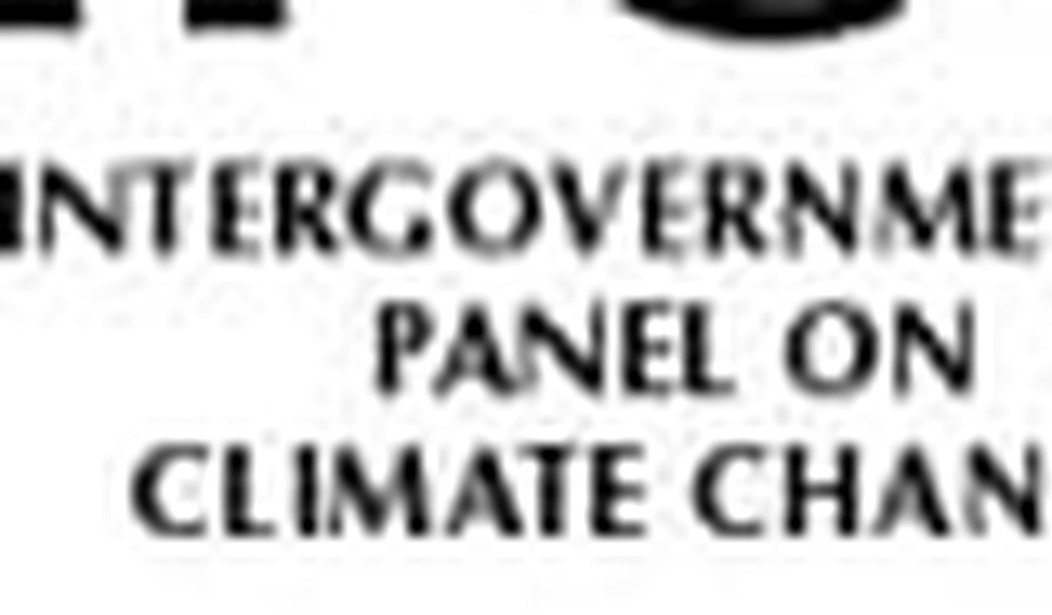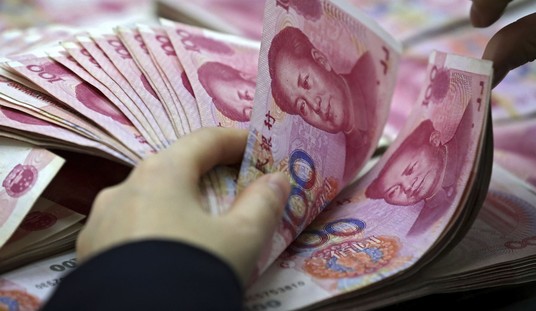In a China Daily column (“Do three errors mean breaking point for IPCC?”), author Li Xing describes her experience at the Copenhagen conference, when she went to a forum of skeptics. Li, “an ardent environmentalist,” found many of the speakers “too emotional and politically charged to be considered objective.” But she was impressed — rightly — with Fred Singer. Li was disturbed when she brought Singer’s concerns to some IPCC supporters … only to have them dismissed out of hand.
The column walks her views back a bit, as she worries about the lack of climate data from China, and adds:
Several Chinese scientists who have gone over the IPCC report believe that the IPCC may have overstated the link between global temperature and CO2 in the atmosphere.
In a paper published in the December issue of the Chinese-language Earth Science magazine, Ding Zhongli — an established environmental scientist — stated that the current temperatures on Earth look normal if global climate changes over the past 10,000 years are considered.
Ding’s paper highlighted the fact that in its policy suggestions, the IPCC offered solutions that would give people in rich countries the right to emit a much higher level of greenhouse gas per capita than people in developing countries. It in effect set limits on the economic growth of developing countries, which will result in furthering the gap between rich and poor countries.
Li adds references to Climategate, the Himalayan glaciers episode, and the recent revelation that the supposed links between AGW and extreme weather are also illusory, and concludes:
I am particularly troubled by the fact that top IPCC officials do not seem to take these revelations seriously. … Ancient Chinese considered three a breaking point. They could forgive two errors, but not a third. Now that the IPCC has admitted three “human” errors, isn’t it time scientists gave its work a serious review?
Ms. Li should keep counting, because the errors she mentions have been augmented by the increasing concern about the temperature record, and by revelations about the dubious nature of the alleged effect on the rain forest. If three errors are unforgivable, try five.
China Daily is widely regarded as an important tool of intra-government, intra-CCP communication, so it is reasonable to conclude that the top echelons of the Chinese government are now or soon will be better informed about the dubious foundations of proposed AGW policy than are the members of the U.S. government who rely on our MSM.
It is exceedingly interesting that Ms. Li’s thought seems to have evolved, too. Before Copenhagen she seemed to be a true believer, dedicated to CO2 reductions and angry at the U.S. for not shouldering its share, with no real doubts about the basic problem. Now, her views seem considerably more open, and one is entitled to speculate (or hope) that this change is also representative of a general phenomenon among Chinese elites.
More than a decade ago, I helped write speeches skeptical of climate change for the executives of the American Petroleum Institute. To the charge that we had an economic interest, our answer was:
Of course we do, and that means that you should look very intensively at our data and arguments and insist on openness. But we do ask that you recognize that those in the other camp also have strong personal and economic interests, and that you give their material the same level of scrutiny.
It has gotten late, but it appears that our plea is being answered. But never, ever, did we dream that the road to salvation went through China.









Join the conversation as a VIP Member